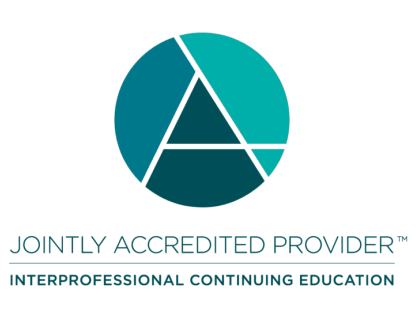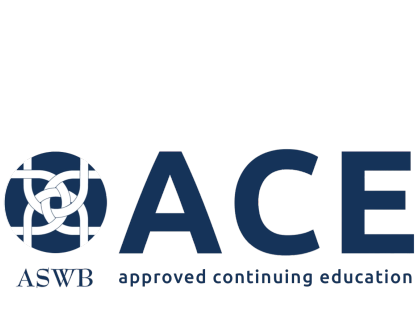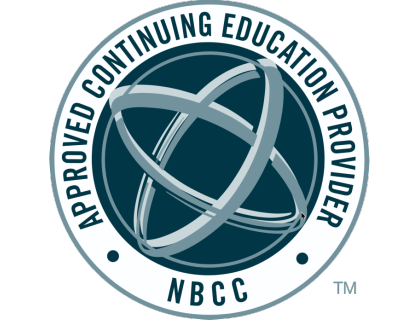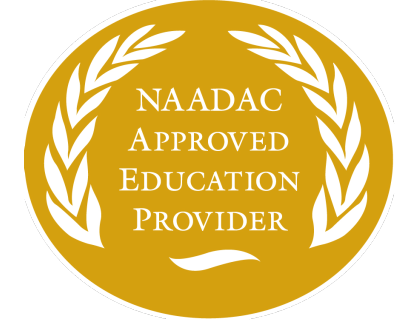CE Learning Systems adheres to the ACCME's Standards for Integrity and Independence in Accredited Continuing Medical Education. Any individuals in a position to control the content of a CE activity – including faculty, planners, reviewers, or others ― are required to disclose all relevant financial relationships with ineligible entities (formerly known as commercial interests).
The following relevant financial relationships have been disclosed by this activity's planners, faculty, and the reviewer:
Planners and Reviewers
The planners of this activity have reported that they have no relevant financial relationships.
Material Authors
Any relevant financial disclosures for course material authors can be found in the article.
Course Creator
Robert Yourell, LMFT – No disclosures to report.
Commercial support
There is no commercial support for this distance-learning course.






